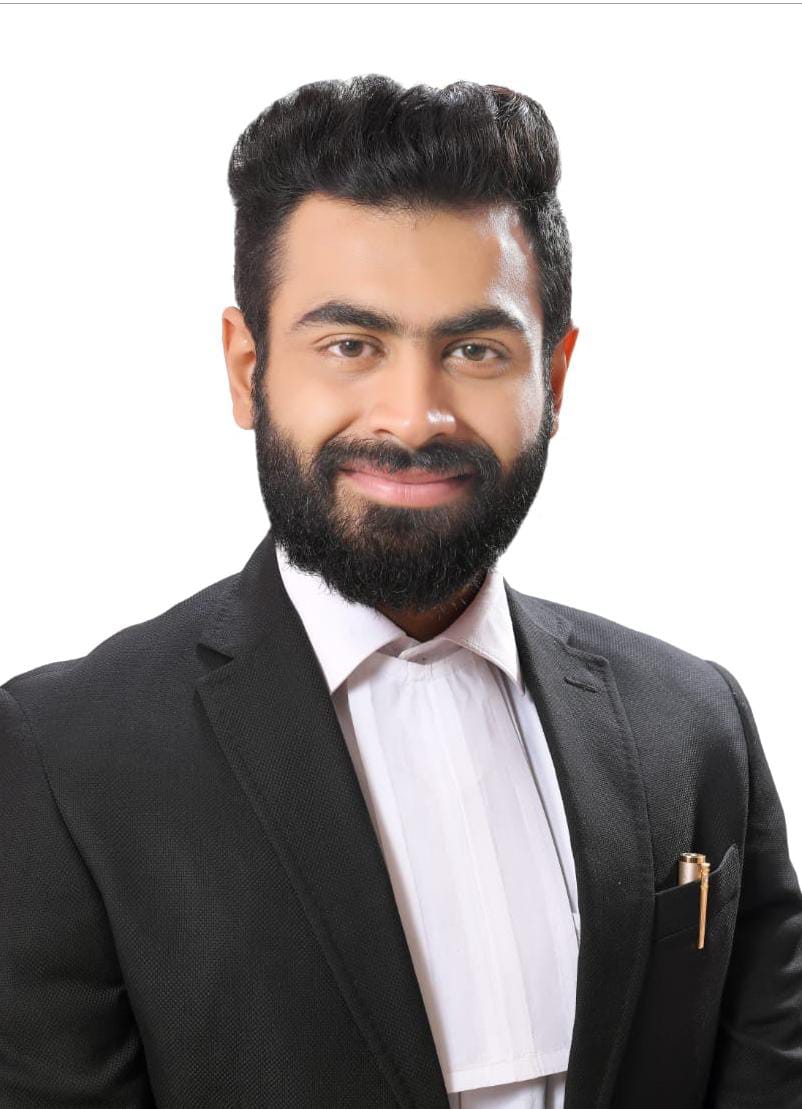
Share with your community:
A bench led by Justice Surya Kant ruled that Rule 24(4) of the Rajasthan Police Subordinate Service Rules, 1989, which states that "No candidate shall be eligible for appointment to the service who has more than two children on or after June 1, 2002" is non-discriminatory and does not violate the Constitution. This court concluded that the categorization, which disqualifies candidates for having more than two live children, was nondiscriminatory and following the Constitution, because the goal of the regulation was to promote family planning.” the bench, which also included Justices Dipankar Datta and K V Vishwanathan, said.
Ram Lal Jat, an ex-serviceman who retired in 2017 and applied for a constable position in the Rajasthan Police in 2018, filed the plea. However, he was disqualified under Rule 24(4) of the Rajasthan Police Subordinate Service Rules, 1989, which followed the rule established by the Rajasthan Various Service (Amendment) Rules, 2001, which states that "no candidate shall be eligible for appointment to the job who has more than two children on or after June 1, 2002."
Facts of the case related to the two-child policy for government jobs in Rajasthan:
Jat's candidature was rejected under Rule 24(4) of the Rajasthan Police Subordinate Service Rules, 1989, because he had more than two children after June 1, 2002, he was disqualified for public employment under the State, according to the Rajasthan Various Service (Amendment) Rules, 2001. He filed an appeal with the Rajasthan High Court, which denied his request, stating that the rule under which he was disqualified is policy-related and does not warrant court intervention. The ex-serviceman, on the other hand, contended that, in addition to the rules governing the two-child eligibility norm, there are rules for the absorption of ex-servicemen in cases where the requirement of having no more than two children is not defined.
Supreme Court's 2003 order on the two-child policy
The Supreme Court also cited its own 2003 order, which held that the classification, which barred candidates from having more than two living children, was non-discriminatory and violated the Constitution because the provision's purpose was to promote family planning. According to the Rajasthan Panchayati Raj Act of 1994, a person with more than two children is ineligible to run for office as a panch or member. The Supreme Court upheld this rule in Javed vs. the State of Rajasthan in 2003.
What the Supreme Court said:
In 2022, the complainant unsuccessfully challenged his disqualification in the Rajasthan High Court, prompting him to petition the Supreme Court. On February 20, Justices Surya Kant, Dipankar Datta, and KV Viswanathan upheld the Rajasthan High Court order.
The Court held that such a plea does not help the appellant's case. It is indisputable that the appellant applied for the job of Constable in the Rajasthan Police, which is governed by the Rajasthan Police Subordinate Service Rules, 1989."The 1989 Rules are particularly noted in Serial No.104 of the Schedule appended to the 2001 Rules. In light of this, we see no reason to overturn the High Court's decision," the Supreme Court wrote in its ruling.
"This court concluded that the categorization, which disqualifies candidates for having more than two live children, was non-discriminatory and consistent with the Constitution because the goal of the provision was to promote family planning," the bench, which also included Justices Dipankar Datta and K V Vishwanathan, said.
Other states' two-child policies
It should be noted that Rajasthan is not the only state that enforces a two-child policy for local body elections and government jobs. Assam, Madhya Pradesh, Gujarat, Maharashtra, Odisha, Andhra Pradesh, Telangana, and Karnataka all have similar rules.
In 2021, the Uttar Pradesh government proposed a population control bill that, among other things, prohibited violators of the two-child policy from contesting local body elections or applying for government jobs.
The Sharks of Law educates individuals about legal issues and encourages critical thinking. You can contact our skilled Advocates if you have any legal questions.
Email:-helpdesk@sharksoflaw.com
Help Desk:-+91-88770-01993